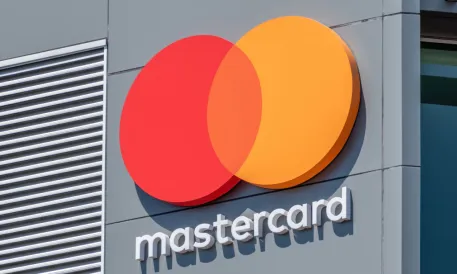Mastercard and the African Development Bank (AfDB) have joined forces to enhance African digital access through the Mastercard-AfDB Digital Economy (MADE) Alliance.
This initiative aims to connect 100 million people and businesses to essential digital services over the next decade, marking a significant step forward in Africa’s digital transformation.
The MADE Alliance is a strategic collaboration designed to foster digital inclusion and economic growth across the continent. By leveraging Mastercard’s expertise in digital payments and AfDB’s extensive network and resources, the alliance seeks to create a robust digital ecosystem that empowers individuals and businesses alike.
Read also: Access Bank, Mastercard partner for cross-border payments in Africa
One of the primary goals of the MADE Alliance is to connect 100 million people and businesses to vital digital services by 2034. This ambitious target reflects the alliance’s commitment to bridging the digital divide that has long hindered Africa’s development. By providing greater access to digital tools and services, the partnership aims to drive economic growth, improve livelihoods, and enhance millions of Africans’ overall quality of life.
Focusing on Agriculture and Women’s Empowerment
The initiative will initially focus on two critical areas: agriculture and women’s empowerment.
Agriculture remains a cornerstone of many African economies, and the MADE Alliance aims to revolutionise this sector through digital innovation. The initiative will provide access to real-time data, market information, and financial services by connecting farmers to digital platforms. These tools can help farmers increase their productivity, access new markets, and ultimately improve their incomes. Digital solutions like mobile banking and e-commerce platforms will enable farmers to manage their businesses more efficiently and sustainably.
Empowering women is another critical priority for the MADE Alliance. Women play a crucial role in Africa’s economy, yet they often face significant barriers to accessing digital services and financial resources. The initiative will focus on providing women with the tools and knowledge they need to thrive in the digital economy. This includes access to digital financial services, entrepreneurship training, and support for women-led businesses. By empowering women, the alliance aims to foster inclusive economic growth and promote gender equality across the continent.
Driving Africa’s Digital Era
The partnership between Mastercard and AfDB represents a significant milestone in Africa’s journey towards a more connected and inclusive digital future. By addressing critical barriers to digital access and fostering innovation, the MADE Alliance is set to drive substantial progress in the region’s digital transformation.
A crucial aspect of the MADE Alliance is the creation of a sustainable digital ecosystem that can support long-term growth and development. This involves providing access to digital services and ensuring that the necessary infrastructure, policies, and skills are in place to sustain these advancements. The alliance will work closely with governments, private sector partners, and local communities to build a robust and resilient digital infrastructure that can adapt to changing needs and challenges.
MADE will Promote Financial Inclusion and Digital Literacy
Financial inclusion is a core component of the MADE Alliance’s mission. By expanding access to digital financial services, the initiative aims to bring more people into the formal economy and provide them with the tools they need to manage their finances effectively.
Read also: Injini Mastercard Foundation supports 12 startups in South Africa
This includes access to mobile banking, digital payments, and microfinance services that can help individuals and businesses build financial security and resilience.
To ensure the success of the MADE Alliance, it is essential to promote digital literacy and skills development across the continent. The initiative will provide education and training programs that equip individuals with the knowledge and skills to navigate the digital landscape.
This includes everything from basic digital literacy to advanced technical skills, helping to create a digitally savvy workforce that can drive innovation and growth.




